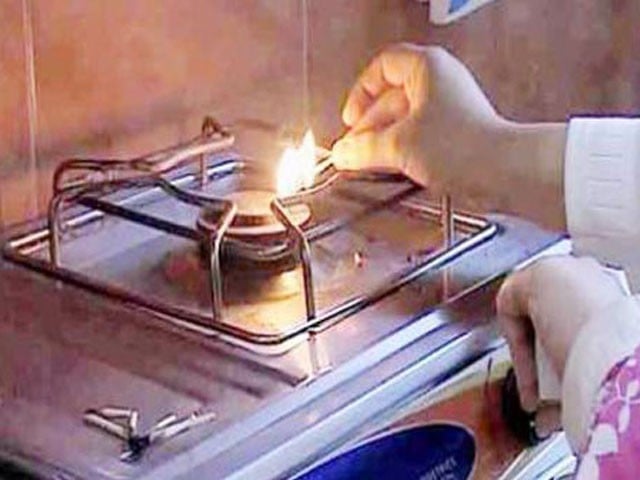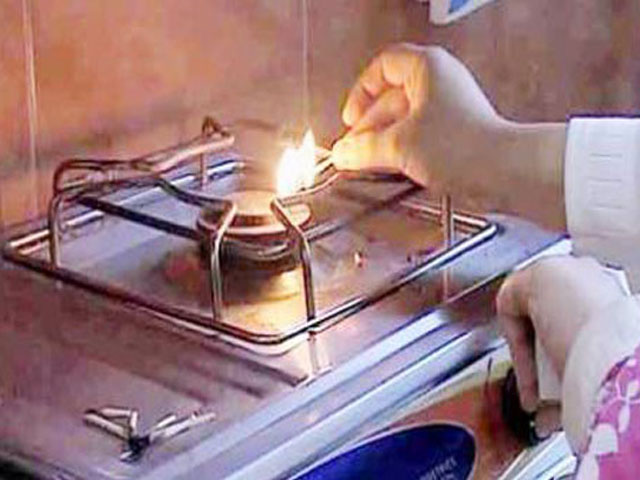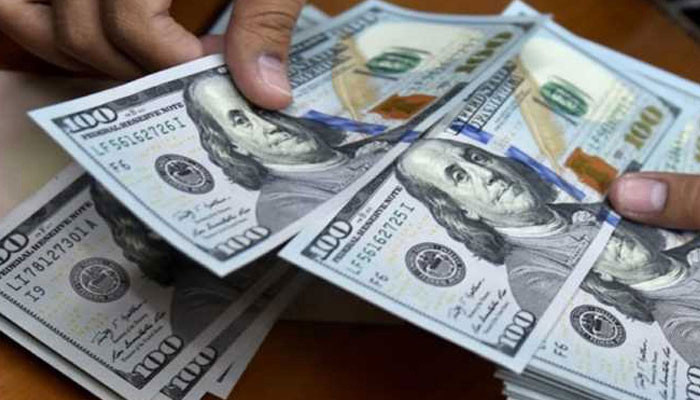
125 billion rupees subsidy was sought on LNG but only 25 billion rupees was approved (Photo: File)
Islamabad: The government is considering a subsidy of Rs 76 billion for the gas sector in the next fiscal year’s budget, while the Ministry of Energy had requested to allocate Rs 230 billion as subsidy.
20 billion rupees will be paid as interest on the loan of 65 billion rupees obtained for Recodec project from the same proposed subsidy of 76 billion rupees. 256 billion is less than Rs.
The finance ministry had initially estimated a subsidy of Rs 74 billion in the current fiscal year, which has now increased to Rs 330 billion, including payments made under Recodec.
Also read: Citizens worried about charging Rs 500 as meter rent in gas bills
It should be noted that the government has made this subsidy estimate under the assumption that OGRA will determine the weighted average cost of gas in time, but if OGRA fails to do so, the circular debt of the gas sector will increase further, as that during the last financial year it had crossed 1.6 trillion.
The government has recently hiked gas prices to clear the gas sector’s debt, but delays in implementation have further increased the debt.
According to sources, the government has not allocated any subsidy on RLNG gas, while the Ministry of Energy had recommended a subsidy of Rs 50 billion in this regard, to give concession to the exporters. The pressure is on for change.
Also read: Directing gas companies to stop collecting increased gas meter rent from consumers
For the current financial year, the government had allocated Rs 40 billion to provide subsidy to exporters, which has been utilised. recommended, which has been allocated only Rs.25 billion.
The Ministry of Finance has allocated only Rs 30 billion subsidy for domestic consumers, the Ministry of Energy had requested Rs 10 billion subsidy for exchange rate losses but no subsidy has been allocated in this regard, after which it is likely that The government will compensate these losses by increasing the prices of petroleum products.
(function(d, s, id){
var js, fjs = d.getElementsByTagName(s)[0];
if (d.getElementById(id)) {return;}
js = d.createElement(s); js.id = id;
js.src = “//connect.facebook.net/en_US/sdk.js#xfbml=1&version=v2.3&appId=770767426360150”;
fjs.parentNode.insertBefore(js, fjs);
}(document, ‘script’, ‘facebook-jssdk’));
(function(d, s, id) {
var js, fjs = d.getElementsByTagName(s)[0];
if (d.getElementById(id)) return;
js = d.createElement(s); js.id = id;
js.src = “//connect.facebook.net/en_GB/sdk.js#xfbml=1&version=v2.7”;
fjs.parentNode.insertBefore(js, fjs);
}(document, ‘script’, ‘facebook-jssdk’));



